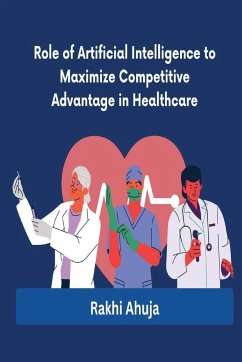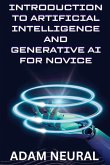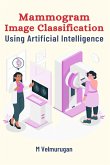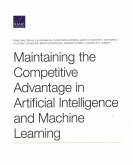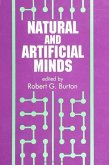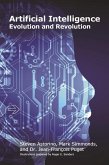The convergence of technology and health and diagnostic procedures is a result of the rising demand and use of technology. As the term implies, digital health is the use of information and technologies to alleviate and improve health problems. Wearable technology, telemedicine, genomics, virtual reality (VR), robots, and artificial intelligence (AI) are transforming the Indian healthcare sector. India, like many other economies, is on the verge of a "digital health" revolution. Digital health technology has evolved as a critical pillar in healthcare delivery. The globe has recently experienced growth in the health technology industry for items such as wearables, telemedicine, e-pharmacies, and so on. Furthermore, substantial research and development have been conducted in the integration of technologies such as robots, artificial intelligence, blockchain, and virtual reality with medicines and healthcare. The phrase "AI in healthcare" refers to the use of machine learning (ML) algorithms and other cognitive technologies in healthcare settings. An AI system is one in which computers and other devices replicate human cognition in the most basic sense and can learn, reason, and act on their own. Medical data is analyzed by machines, and then action is taken based on those findings, sometimes to foretell a certain conclusion . Machine learning and other cognitive sciences may be used to aid physicians in establishing the diagnosis. With the use of patient data and other pertinent information, artificial intelligence (AI) may help doctors and other healthcare practitioners make more accurate diagnoses and treatment plans for their patients. Additionally, AI may help healthcare become more proactive and predictive by analyzing massive volumes of data to create better recommendations for patients' preventive therapy (Wichmann, 2020). In the context of big data, healthcare plays a critical role in maintaining and improving the general public's wel
